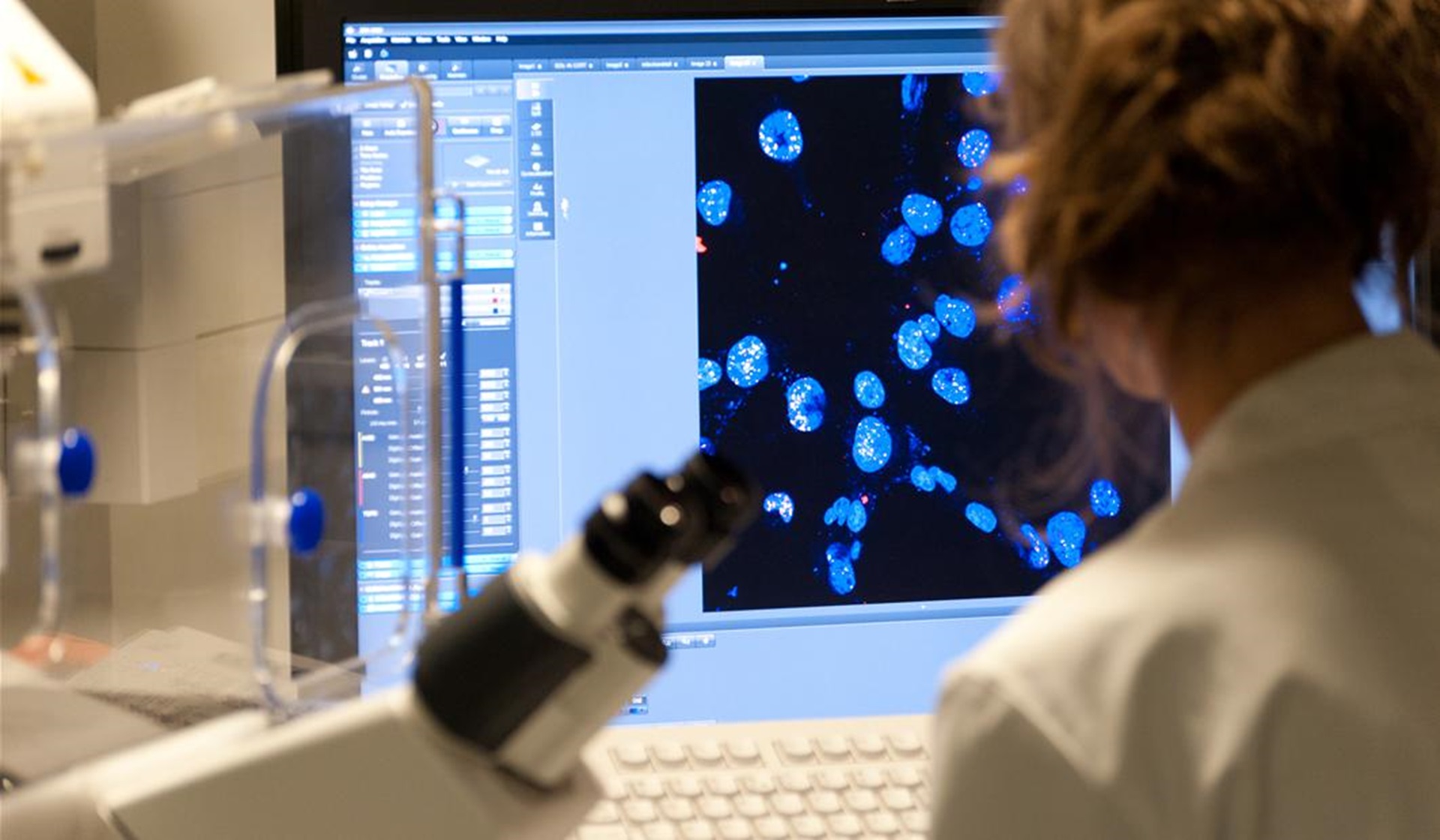Centre for Evolution and Cancer
At our Centre for Evolution and Cancer, researchers are applying Darwin’s principle of natural selection within ecosystems to our understanding of why we develop cancer and why it is so difficult to treat.
Researchers at the centre are answering three big questions in cancer medicine:
- Why are humans so vulnerable to cancer?
- What determines the unpredictable development of cancers in the body over time?
- And why is drug resistance so frequent?
Professor Trevor Graham, Professor of Genomics and Evolution, is the Centre's Director.
Evolutionary biology isn’t a sub-topic of cancer sciences - it is a conceptual framework for everything in cancer. In recognition of this important development and the research opportunities it provides, the Centre for Evolution and Cancer was set up at The Institute of Cancer Research in 2013, under the leadership of Professor Sir Mel Greaves. It was established with support from a Strategic Award from the Wellcome Trust.
The idea that cancer is fundamentally a process of somatic cell evolution was first advocated in the 1970s. Since then, the concept has been validated and greatly elaborated, highlighting the striking parallels with Darwinian evolution by natural selection in ecosystems.
Cancer genomics has provided detailed genetic descriptions and technologies for interrogating single cells and multi-regional small biopsies, revealing space-time genetic diversification of cancer cells and allowing us to infer clonal phylogenies, or evolutionary history. It’s a striking fact that every patient’s cancer has an individually unique and variegated clonal architecture and evolutionary trajectory.
This represents a paradigm shift with major implications for the way we think about the fundamental biology of cancer, the emergence of drug resistance and our attempt to control it. This also applies to evolutionary considerations of why humans are so vulnerable to cancer.
How we research at this centre
Computational biologists, geneticists, cell biologists and clinical scientists are working together to explore exciting new avenues of cancer-related evolutionary research. Researchers are identifying the genetic diversity within individual tumours, and exploring the use of genetic profiling of tumours as fingerprints that could predict progression of disease, metastases or drug resistance.
The Centre's overarching objective is to assemble a multidisciplinary team of investigators that will interrogate cancer afresh using evolutionary principles derived from ecology, enabled by state-of-the-art cellular, genomic and bioinformatic technologies. Our objectives include the following:
- To provide an evolutionary logic for vulnerability to cancer in ageing humans and inherent variation in risk between individuals.
- To optimise technologies for in depth analysis of clonal architectures and dynamics in cancer.
- To integrate cancer genomics, clonal evolution with ecosystem and therapeutic selective pressures.
- To develop quantitative evolutionary parameters of cancer clones and their microenvironments that are predictive of future progression of disease or the emergence of drug resistance.
Our long term aspiration is to help resolve the challenge of how best to thwart the evolutionary resilience of cancer in order to reduce the burden of cancer on society.
The Centre for Evolution and Cancer brings together leading researchers to thwart the evolutionary resilience of cancer in order to reduce the burden of cancer on society.
Professor Trevor Graham
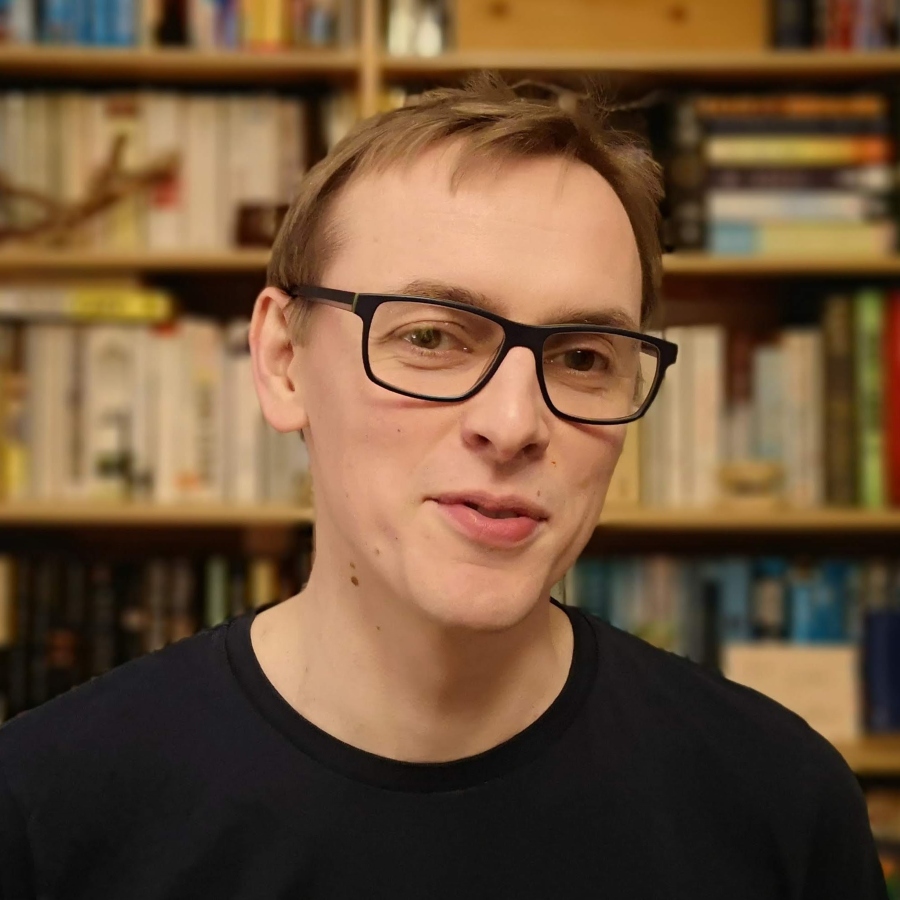
Director and Faculty Group Leader
Professor Trevor Graham will join the ICR as Director of the Centre for Evolution and Cancer in spring 2022. He is group leader of the Genomics and Evolutionary Dynamics laboratory.
For the previous 8.5 years Trevor led the Evolution and Cancer laboratory at the CRUK Barts Cancer Institute within QMUL. Trevor’s laboratory was the first mathematical theory-led laboratory in the Institute. He co-led the development of computational biology as core research theme at Barts, culminating in the establishment of the Centre for Genomics and Computational Biology in 2019, where Trevor was deputy lead.
Trevor’s research is focused on understanding the evolutionary dynamics of cancer development and translating this knowledge to improve clinical management of disease. His laboratory combines expertise in evolutionary theory, mathematical modelling and bioinformatics, together with cutting-edge wet-lab analyses foremost in genomics, single cell sequencing and molecular pathology.
Genomics and Evolutionary Dynamics Team
Professor Mel Greaves
Faculty Group Leader and Founding Director
Professor Mel Greaves trained in evolutionary biology and zoology (BSc) and immunology (PhD) at University College London and at the Karolinska Institute in Stockholm before focusing his research on cancer and leukaemia in the mid-1970s at the Imperial Cancer Research Fund in London.
In 1984, he established the Centre for Cell and Molecular Biology of Leukaemia at The Institute of Cancer Research, London. In 2013, he founded the ICR's Centre for Evolution and Cancer. His laboratory has a longstanding interest in uncovering the natural history, evolutionary biology and causation of childhood leukaemia.
His group have used twins with concordant leukaemia, archived neonatal blood spots and frozen cord blood to trace back the origins of leukaemia to its earliest stages and its initiating lesions. The group also uses single cell genetics and xeno-transplantation to determine clonal architecture, phylogeny and the genetic diversity of stem cells.
In collaboration with epidemiologists, the group has pursued an evolutionary ‘mismatch’ hypothesis that explains the role of infections in triggering childhood leukaemia.
Biology of Childhood Leukaemia Group
Dr Marco Bezzi
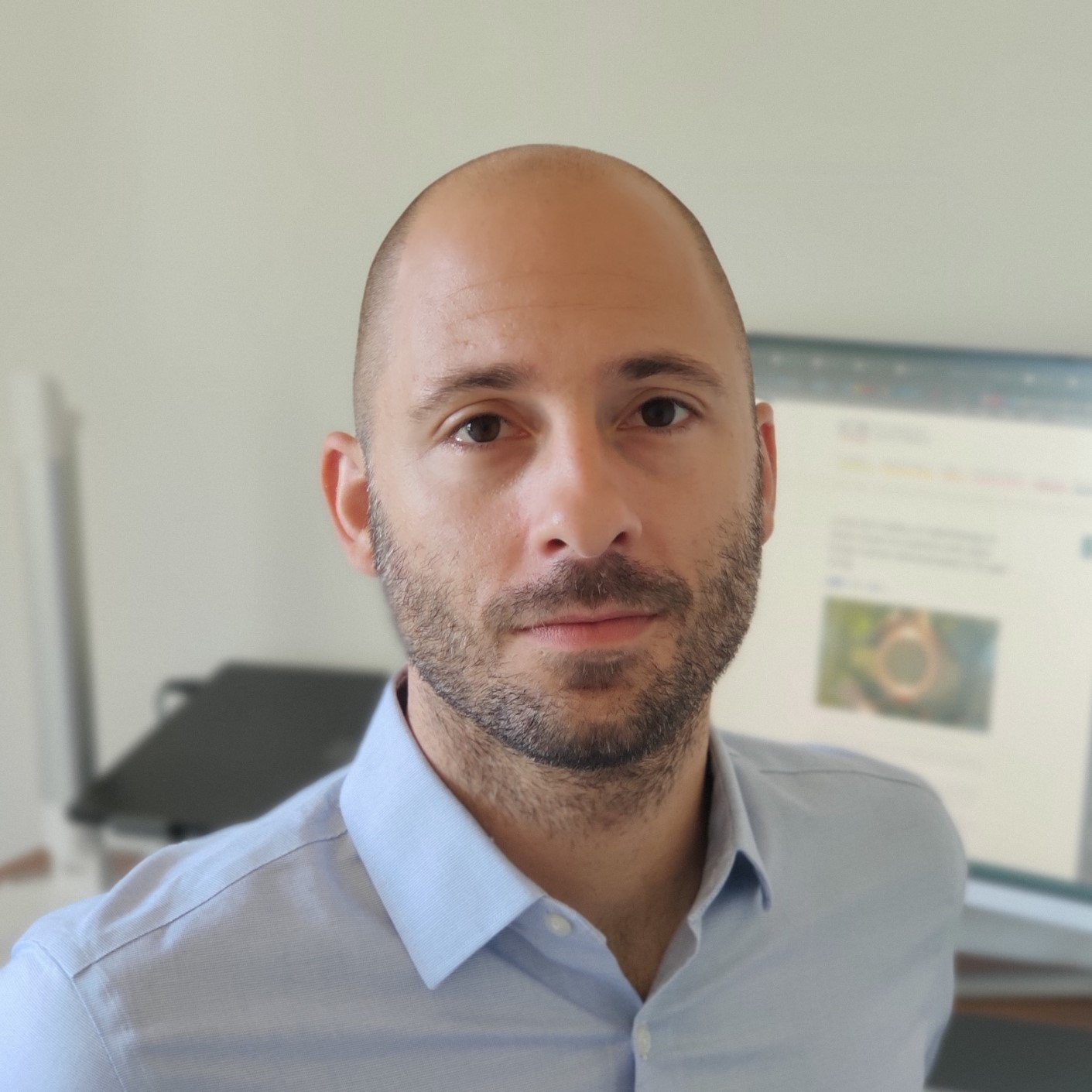
Faculty Team Leader
Dr Marco Bezzi's team uses genome editing technologies, mouse models, organoid cultures and mass cytometry-based single cell approaches to experimentally model the cancer ecosystem and to investigate how tumour heterogeneity can be controlled and exploited in light of evolution.
After graduating in Molecular Biotechnology from the University of Bologna, Dr Bezzi moved to the Institute of Molecular and Cell Biology in Singapore to work on arginine methylation in Dr Guccione's laboratory.
In 2014, he joined the Cancer Center of the Beth Israel Deaconess Medical Center and the Department of Medicine/Genetics of the Harvard Medical School in Boston, USA. Dr Bezzi was awarded the Jane Coffin Childs Fellowship in 2015. His postdoctoral work focused on understanding the link between prostate cancer genetics and tumour microenvironment.
In 2018, he was promoted to Instructor in Medicine, junior faculty, of Harvard Medical School and was awarded the AACR-Amgen Inc. Clinical/Translational Cancer Research Fellowship to continue his studies on prostate cancer heterogeneity. Dr Bezzi joined the ICR in July 2020 as leader of the Tumour Functional Heterogeneity group.
Tumour Functional Heterogeneity Group
Dr Alejandra Bruna
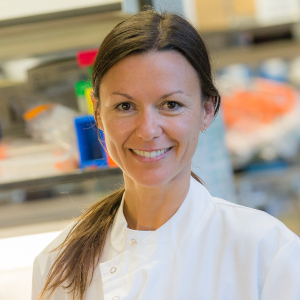
Faculty Team Leader
Dr Alejandra Bruna recently joined the ICR to study the evolution of paediatric tumours using patient-derived xenograft models. She will collaborate with other members of the CEC to investigate the dynamics of tumour progression and treatment resistance in paediatric tumours within a controllable experimental setting.
She is a cancer biologist with experience leading and contributing to preclinical programmes using improved patient-derived tumour models.
She is trained in molecular biology and biochemistry. She obtained her PhD from the University of Barcelona, followed by two postdoctoral fellowships at Mount Sinai School of Medicine, New York City and Vall d'Hebron Institute, Barcelona.
Dr Bruna developed, coordinated and co-led a translational research framework for patient-derived tumour xenografts (PDXs) and short-term cultures of PDX cells (or PDTCs) with Professor Carlos Caldas at the Cancer Research UK Cambridge Institute.
Preclinical Modelling of Paediatric Cancer Evolution Group
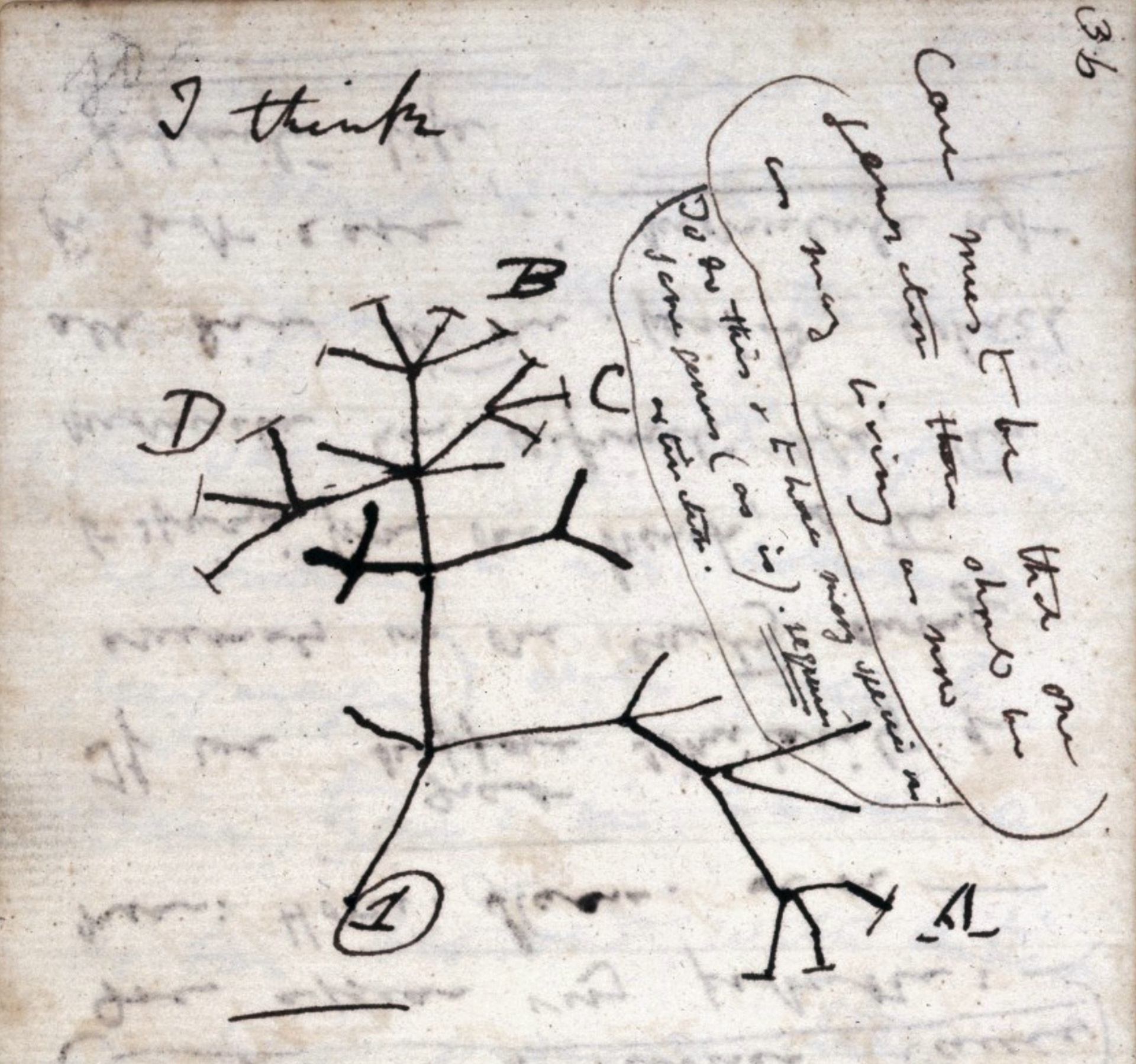
.jpg?sfvrsn=62773399_2)
